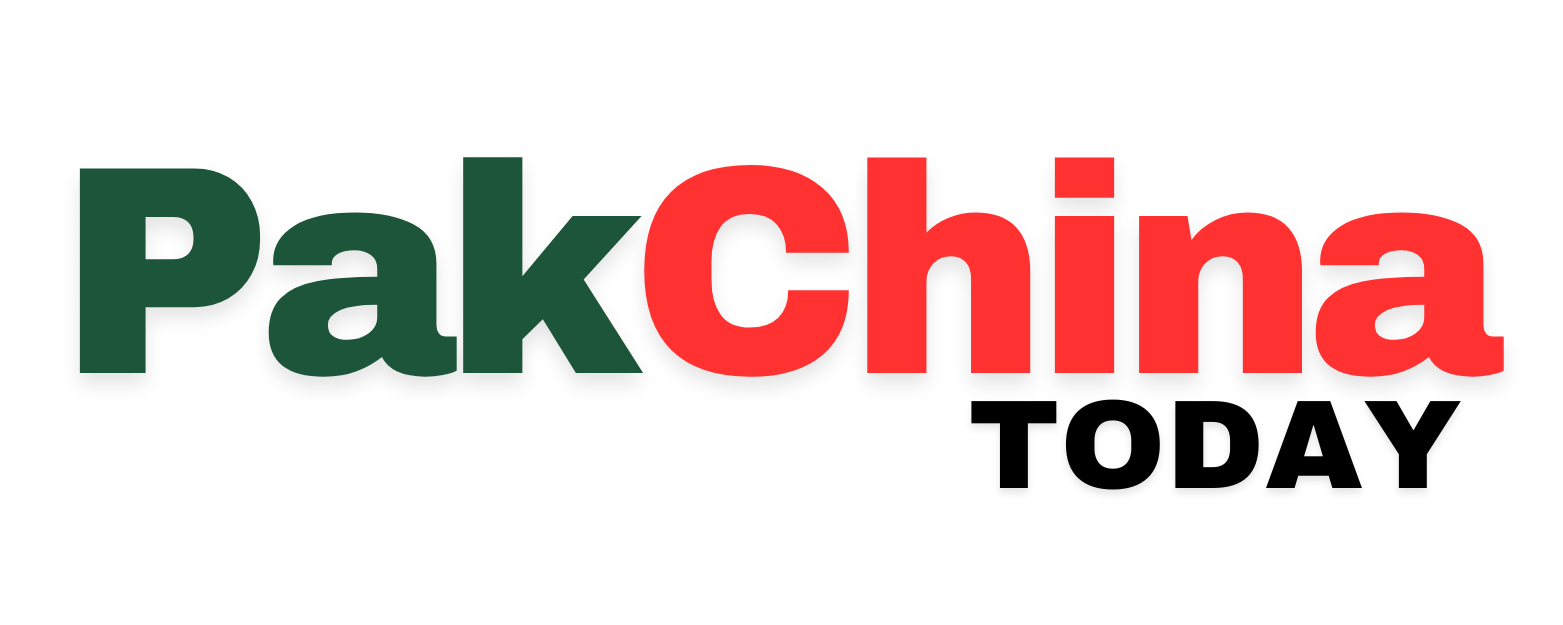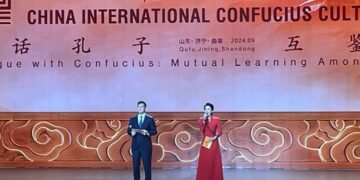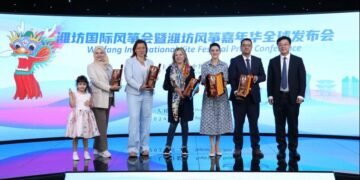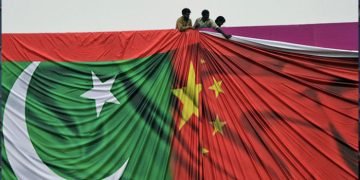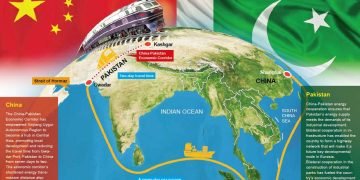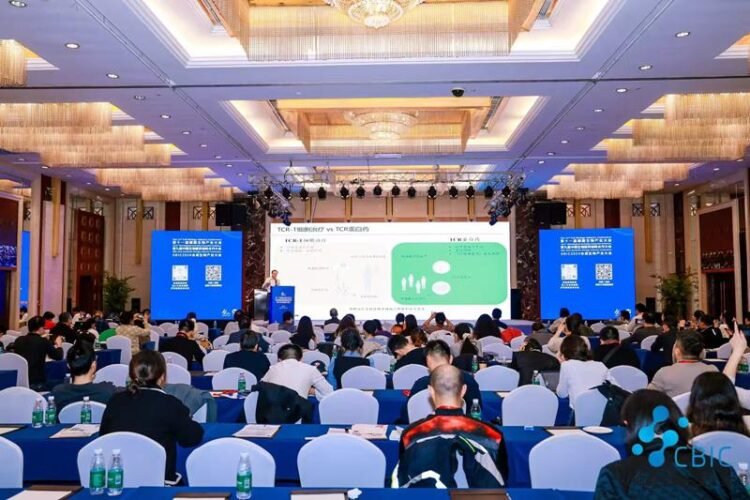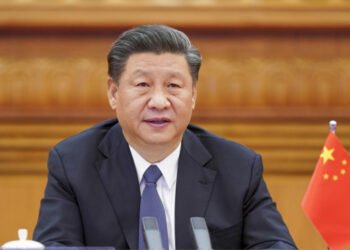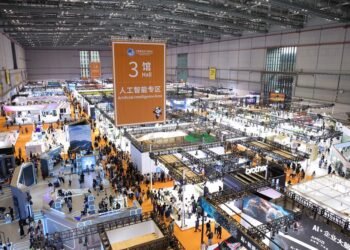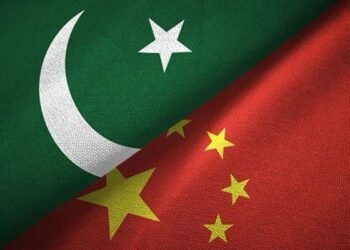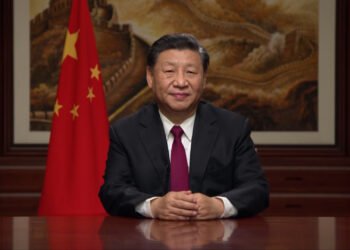BEIJING, Nov. 18: The 11th Cell Biology Industry Conference (CBIC) opened in Beijing, attracting more than 3,000 guests from clinical research institutions, hospitals, universities, leading enterprises, biotechnology companies, and investment and financing institutions to attended it.
CBIC set up forums on cell industry diversification, cell therapy, organoid new drug development and precision medicine, extracellular vesicle research and clinical application, stem cell clinical and industrial transformation, stem cells and regenerative medicine.
In 2024, the Chinese government work report proposed to vigorously develop new quality productive forces in the field of bioscience, such as gene editing, cell technology, and synthetic biology, with the cell biology industry has attracted great attention, China Economic Net (CEN) reported.
Meanwhile, Beijing has decided to strengthen the industrial layout of cell gene therapy and synthetic biology manufacturing. Just half a month ago, the world’s first international standard for stem cell data management ISO 8472-1:2024, led by Chinese experts and jointly developed by experts from Japan, South Korea, Germany, the United Kingdom, the United States, France and other countries, was officially released in Beijing.
Cell therapy is known as the “third revolution in medical history”. The market size of China’s cell medical health industry reached 14.2 billion yuan in 2023, and is expected to increase to 174.5 billion yuan by 2032, with a compound annual growth rate of 32.1%, far exceeding the global average.
The reporter learned that in immune cell therapy, the CAR-T is particularly eye-catching. Since the launch of China’s first CAR-T product in 2021, 6 CAR-T products have been approved, accounting for more than 50% of similar products worldwide.
Just a month ago, the results of a Chinese research team on the world’s first universal CAR-T cells were published on the headlines of Nature. The researchers used T cells from healthy donors and modified them with CRISPR-Cas9 genetic engineering to prepare a new generation of allogeneic universal CAR-T cells, thereby realizing the mass production of such cells, greatly reducing the waiting time and production costs for patients with difficult miscellaneous diseases.
As of April 2024, more than 100 cell, gene, and RNA-related products have been approved for marketing worldwide, as well as more than 3,700 products are in the preclinical or clinical development stage. Data from ClinicalTrials.gov showed that China ranks second in the world in the number of cell therapy clinical trials and the number of products registered, only following the United States. Besides, in the past decade, the number of registered cell medicine-related companies in China has continued to grow, reaching 33,000 in 2023, a record high in the past decade.
